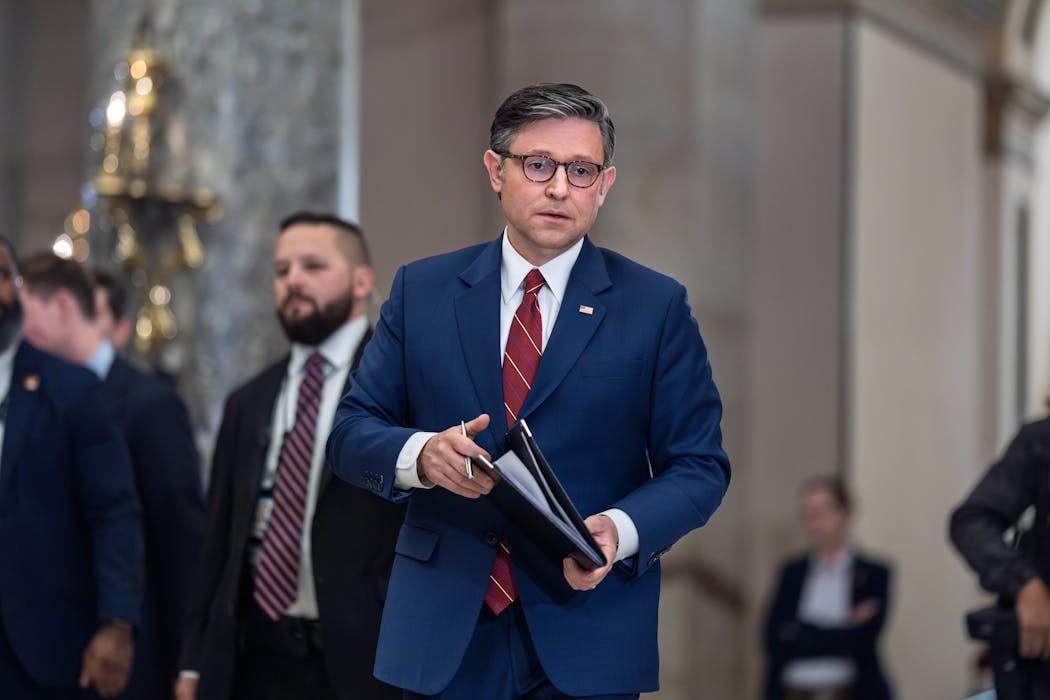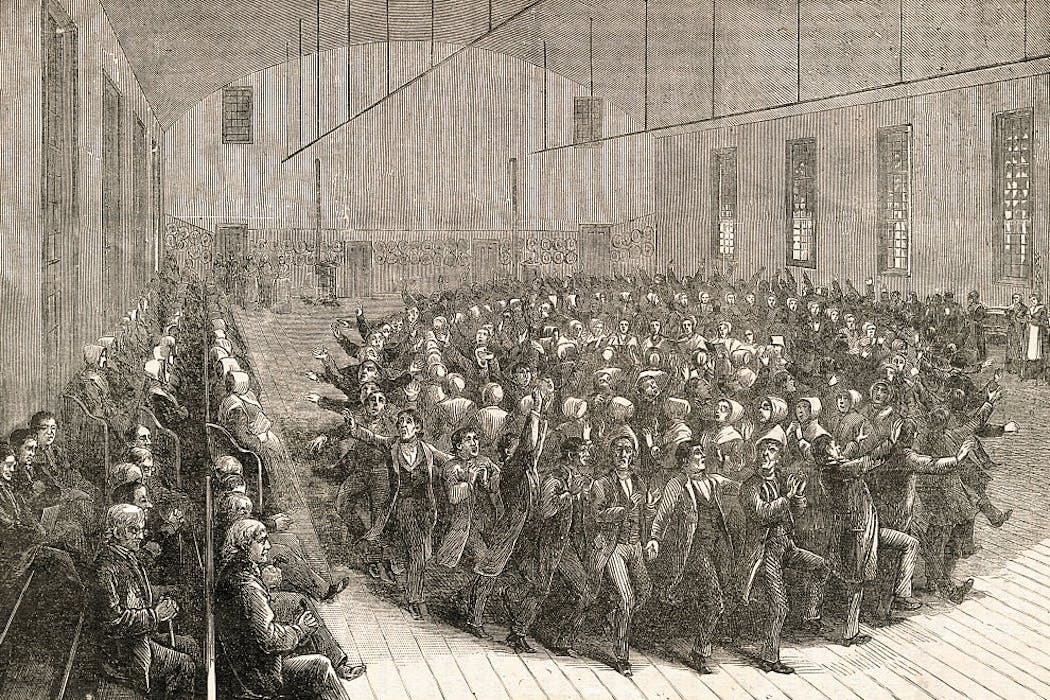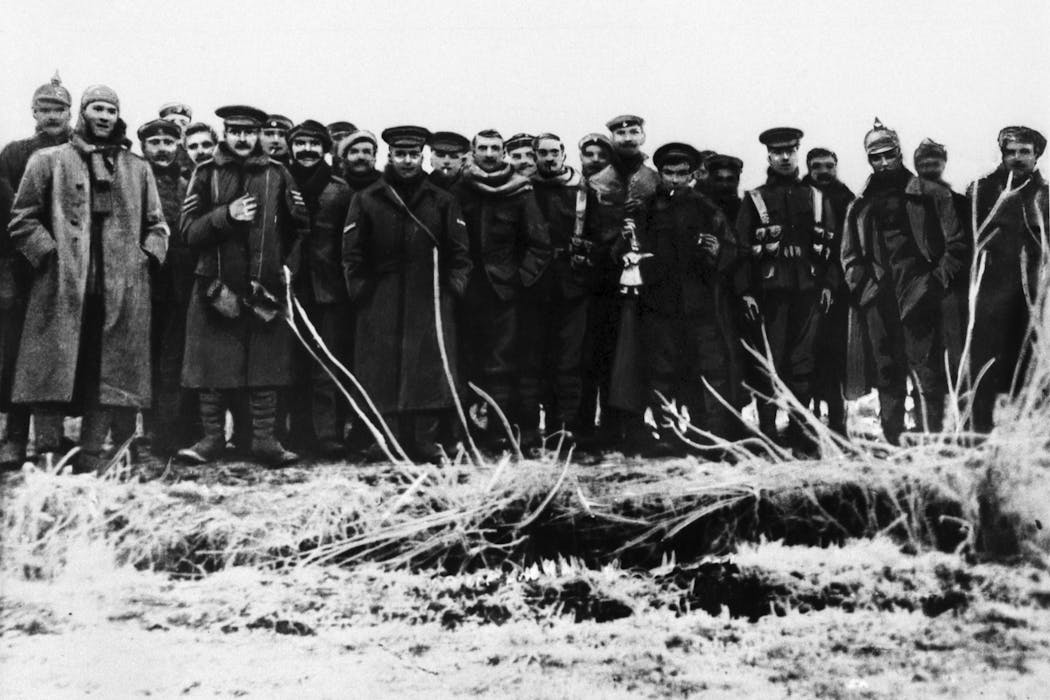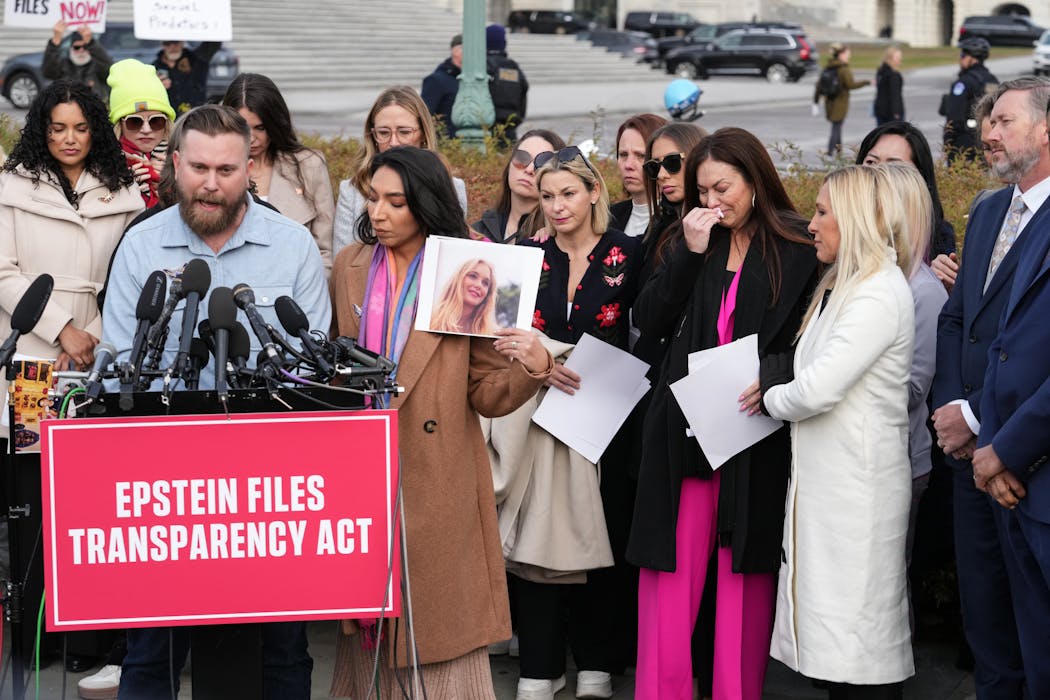Midlife weight gain can start long before menopause – but you can take steps early on to help your body weather the hormonal shift
- Written by Vinaya Gogineni, Obesity Medicine Fellow, Vanderbilt University
 Hormone changes that begin years before menopause can cause gradual muscle loss and increased insulin resistance.Morsa Images/DigitalVision via Getty Images
Hormone changes that begin years before menopause can cause gradual muscle loss and increased insulin resistance.Morsa Images/DigitalVision via Getty ImagesYou’re in your mid-40s, eating healthy and exercising regularly. It’s the same routine that has worked for years.
Yet lately, the number on the scale is creeping up. Clothes fit...










